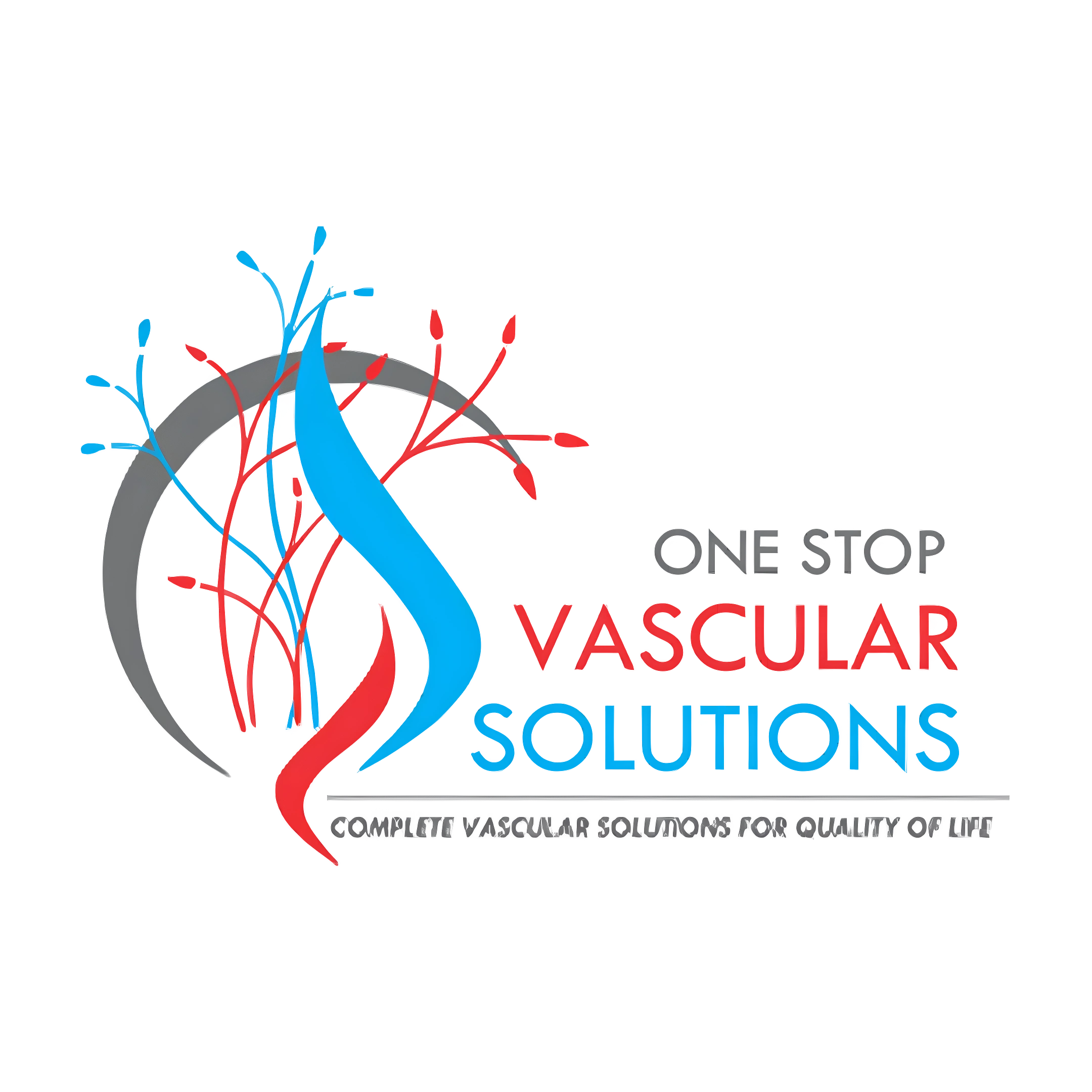A Comprehensive Guide to Aortic Aneurysm Treatment in Hyderabad
Aortic aneurysms are serious vascular conditions that require expert diagnosis and treatment to prevent life-threatening complications. At One Stop Vascular Solutions in Hyderabad, we unite leading vascular specialists with advanced medical technology to offer personalized care for our patients. For individuals seeking aortic aneurysm treatment in Hyderabad, this comprehensive guide explores everything you need to know about aortic aneurysms, from their causes and symptoms to the innovative treatment options available in the city.
Understanding Aortic Aneurysms
An aortic aneurysm is a weakening of the aorta, the largest blood vessel in the body, leading to an abnormal bulge or dilation. While aneurysms may remain asymptomatic for years, their potential to rupture makes early detection crucial. There are two main types:
- Abdominal Aortic Aneurysms (AAA): Found in the lower part of the aorta, these are the most common type of aortic aneurysm. Often linked to risk factors like smoking, aging, and hypertension.
- Thoracic Aortic Aneurysms (TAA): Occur in the upper chest region, near the heart. Typically associated with genetic disorders or trauma.
Without proper intervention, aortic aneurysms can grow over time, leading to rupture, which is often fatal. Timely treatment is essential to save lives and improve outcomes.
Causes and Risk Factors of Aortic Aneurysms
Understanding the factors contributing to aortic aneurysms can help individuals take preventive measures and seek medical attention early.
Primary Causes:
- Atherosclerosis: Plaque buildup damages arterial walls, making them prone to aneurysm formation.
- Connective Tissue Disorders: Conditions like Marfan syndrome and Ehlers-Danlos syndrome weaken the structural integrity of the aorta.
- Infections: Rarely, infections such as syphilis or fungal infections can lead to aneurysms.
- Trauma: Physical injury to the chest or abdomen may trigger aneurysm development.


